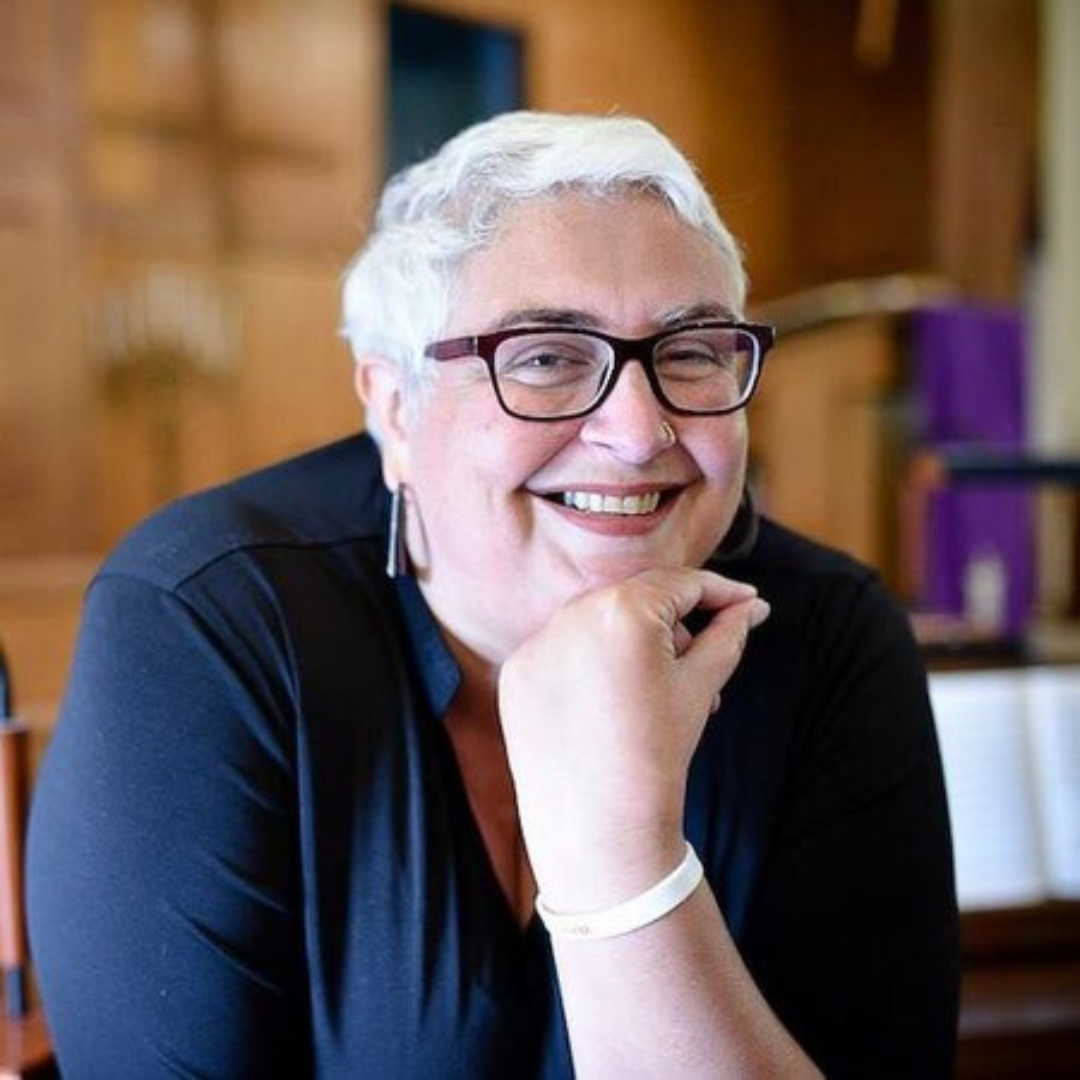Leadership Development - Expressing an Inclusive, Anti-Oppressive Vision for the Church and How to Make it Happen
What makes a good leader? We will explore the biases and oppressive structures that severely inhibit open, inclusive, collaborative leadership and what it looks like to embody liberative leadership in the church that counters oppression in its many guises. Possible topics include racism, homophobia, white supremacist structures, immigration, violence, poverty, sexism, and disability awareness. What are effective ways congregations can partner with faith-based community organizations to make a difference locally and globally?
This course begins January 5. This a month-long course with the first three weeks being asynchronous and ending with a live Zoom on the last week.
Competency Areas
Aligned with Competency Area(s) 4, 6, 9
4. Cross Cultural and Anti-Racism Experience
Be sensitive to the different manifestations of racism and prejudice in the culture and be committed to confronting and overcoming them.
6. Education and Leadership Development
Know the foundations of Christian education and the principles of leader development. Show competency in teaching children, youth, and adults, including lay leaders and staff.
9. Mission of the Church in the World
Be able to understand and articulate the centrality of the call to mission given by Jesus Christ and the prophets. Be able to empower congregations to engage in mission from our doorsteps to the ends of the earth.
Leadership Development
-
Syllabus
10 MinutesLesson Locked -
Lesson 1 Service and Justice (self paced)
60 MinutesAssignmentLesson Locked -
Lesson 2 Justice Doing (self paced)
60 MinutesAssignmentLesson Locked -
Lesson 3 Community Strategies on Justice and Inclusion (self paced)
60 MinutesAssignmentLesson Locked -
Lesson 4 Justice, Inclusion, Service in Conversation (live lesson)
 AssignmentLesson Locked
AssignmentLesson Locked

Leadership Development - Expressing an Inclusive, Anti-Oppressive Vision for the Church and How to Make it Happen
Taught by Rev. Sandhya Jha
Explore what it means to embody liberative leadership in the church by confronting biases and oppressive structures while cultivating practices that promote inclusion, justice, and faithful collaboration within and beyond the congregation.
This course is part of the DSF Certificate Program.



